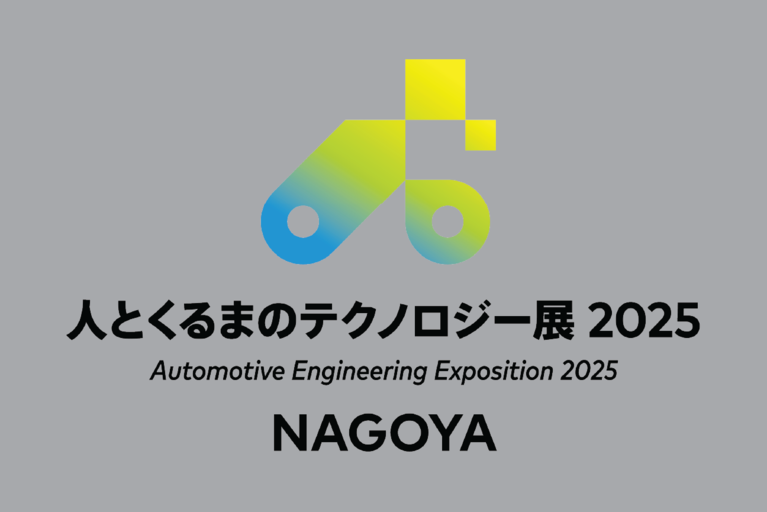Vicor 将在日本名古屋汽车工程展览会上展示使用电源模块的最小巧的 48V 区域架构解决方案。
Vicor 将在日本名古屋汽车工程展览会上展示使用电源模块的最小巧的 48V 区域架构解决方案
高密度转换器模块缩小了电源系统的尺寸和重量,提供顶级性能


Vicor 公司(马萨诸塞州安多弗)宣布,其日本分公司 Vicor K.K(总部位于东京都品川区)将在日本汽车工程师学会(JSAE)主办的 “2025 年名古屋汽车工程展览会及线上展览第 2 阶段”上展示采用高密度电源转换方案的电动汽车电源架构。
Vicor KK 的首席现场应用工程师 Tetsuo Haoka 将发表题为《由 Vicor 模块组成的 SDV 时代汽车电源架构》的演讲。
Vicor 车规级电源模块优化了电动汽车的 48V 区域架构。Vicor 模块体积小、重量轻且高度灵活,是为 SDV 48V 区域架构配置电源系统的理想之选。它们还非常适合用于在 48V 低压环境下需要瞬时高功率输出的执行器(如主动悬架与电控转向系统)供电。
在本次研讨会上,Tetsuo 将展示使用 Vicor DC-DC 转换器模块的优势,这些模块对于缩小汽车供电网络 (PDN) 至关重要。他将介绍装置内部的机械结构设计,同时展示新设计的车载 DC-DC 装置原型。
Vicor KK 将在贸泽电子(Mouser Electronics)展台共同展出 Vicor 最新的汽车产品。
请在 Mouser 展台获取有关 Vicor 车规级电源模块的简短介绍,该模块可实现最高的功率密度,同时降低整个 PDN 的功率损耗。了解 Vicor 模块如何支持高效的高压至 SELV(牵引电池至 48V)转换、从 48V 母线为负载点供电,以及使用 48V 区域架构为传统 12V 子系统供电。
此外,您还可以参加我们在汽车工程展览会线上展览第 1 阶段上举办的在线研讨会《Vicor 的最新电源解决方案,最大限度地发挥区域电气和电子架构的优势》。应广大用户的要求,我们将在有限的时间内重新发布。
了解 Vicor 将在 2025 年名古屋汽车工程展览会及线上展览第 2 阶段上展示的创新产品。
2025 年汽车工程展览会及线上展览第 2 阶段
7 月 9 日至 7 月 30 日
注册本次线上展览会
2025 年名古屋汽车工程展览会
7 月 9 日至 7 月 18 日
上午 10:00 至 下午 17:00
爱知国际会展中心
今日预注册
关于 Vicor
Vicor 是高性能电源模块的领导者,通过易于部署的模块化电源系统解决方案帮助客户为供电网络实现创新,以提供从电源到负载点的最高密度和效率。我们始终站在配电架构、转换拓扑及封装技术的最前沿,不断提高 Vicor 电源模块的密度、效率和供电能力。Vicor 为企业和高性能计算、工业设备与自动化、机器人、无人机、电动汽车与运输、卫星以及航空航天与国防等领域的客户提供服务。Vicor 在开发和制造电源模块有 40 多年的经验,满足要求苛刻的市场设计,其获得专利的高频 DC-DC 电源转换技术与汽车市场理想适配。www.vicorpower.com
Vicor 是 Vicor 公司的注册商标。
关于日本汽车工程师学会
日本汽车工程师学会(JSAE)汇集了众多热爱汽车研究的成员,他们来自各行各业,包括工程师、学生等,目前学会拥有超过 5 万名个人会员和 500 多家企业会员。
JSAE 致力于搭建一个活跃的交流平台,通过展示研究成果、举办研讨会、专题讨论会、国际会议和展览,促进国内外技术人员之间的交流与合作。此外,学会还组织参观活动,发行各类出版物,制定和推广标准,颁发 JSAE 工程奖项,为工程师和研究人员提供进阶培训。


